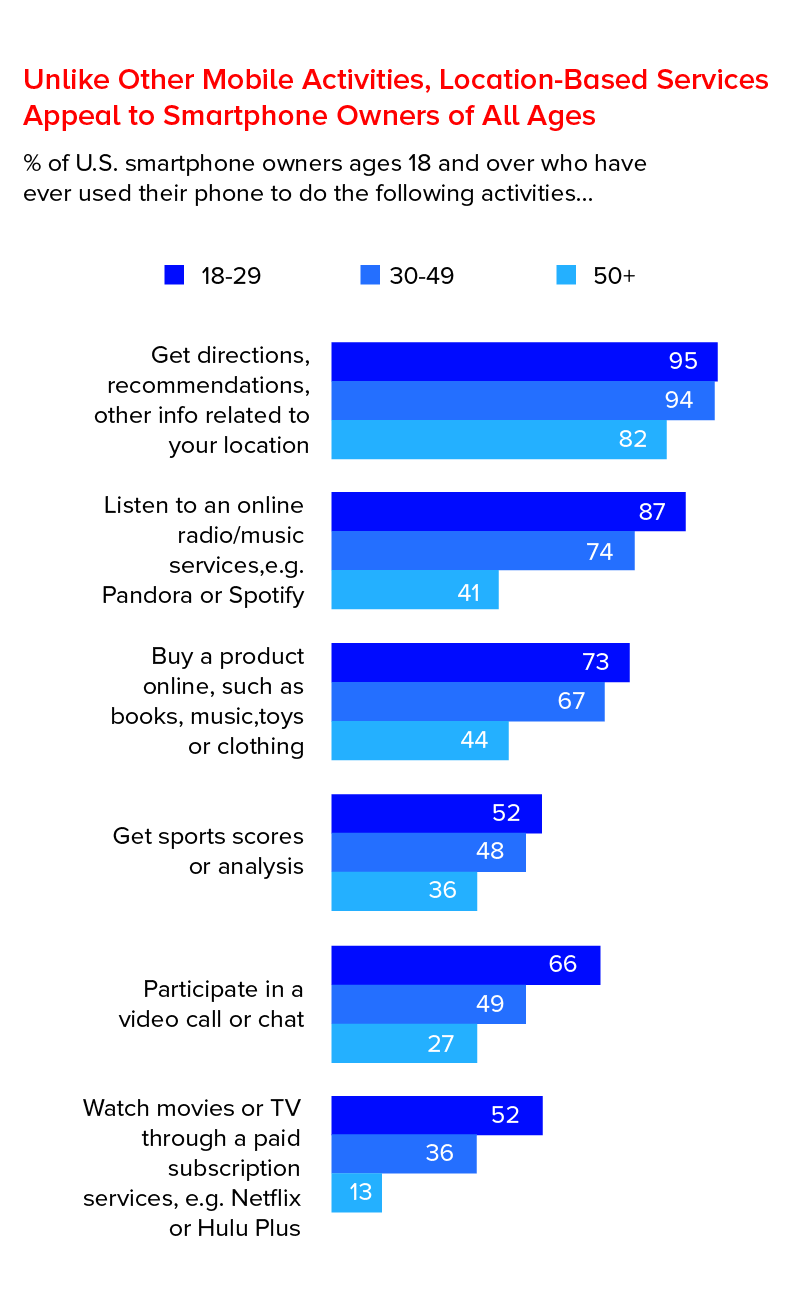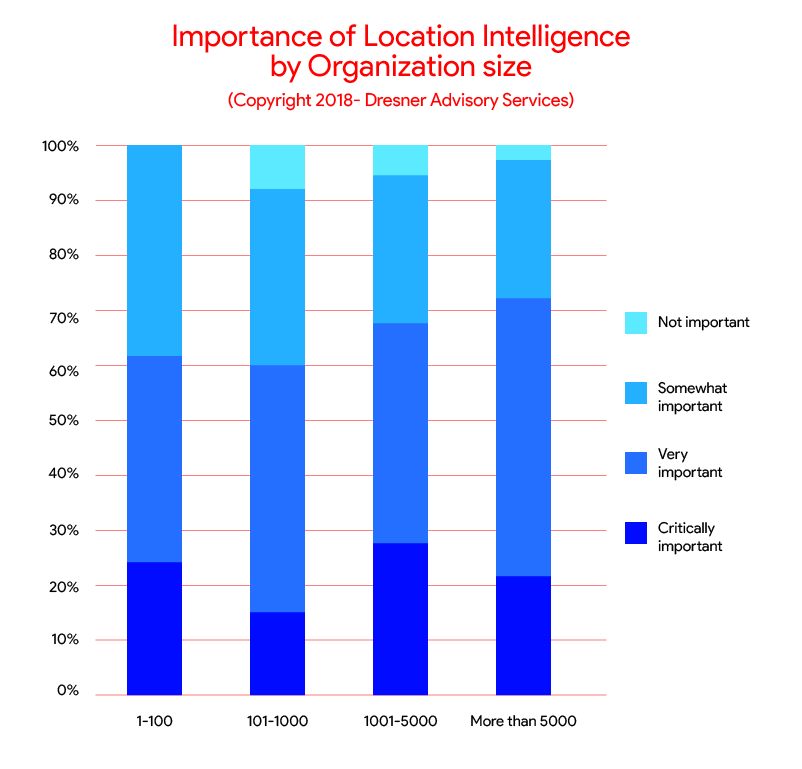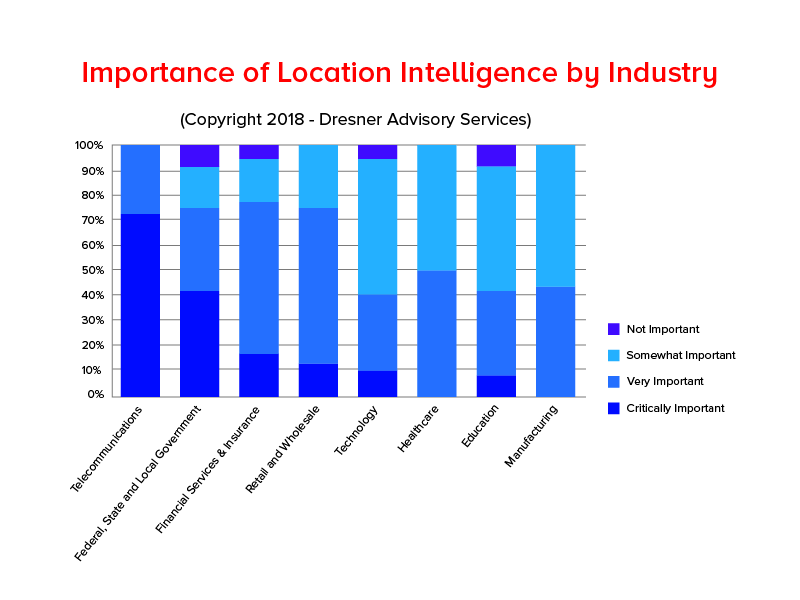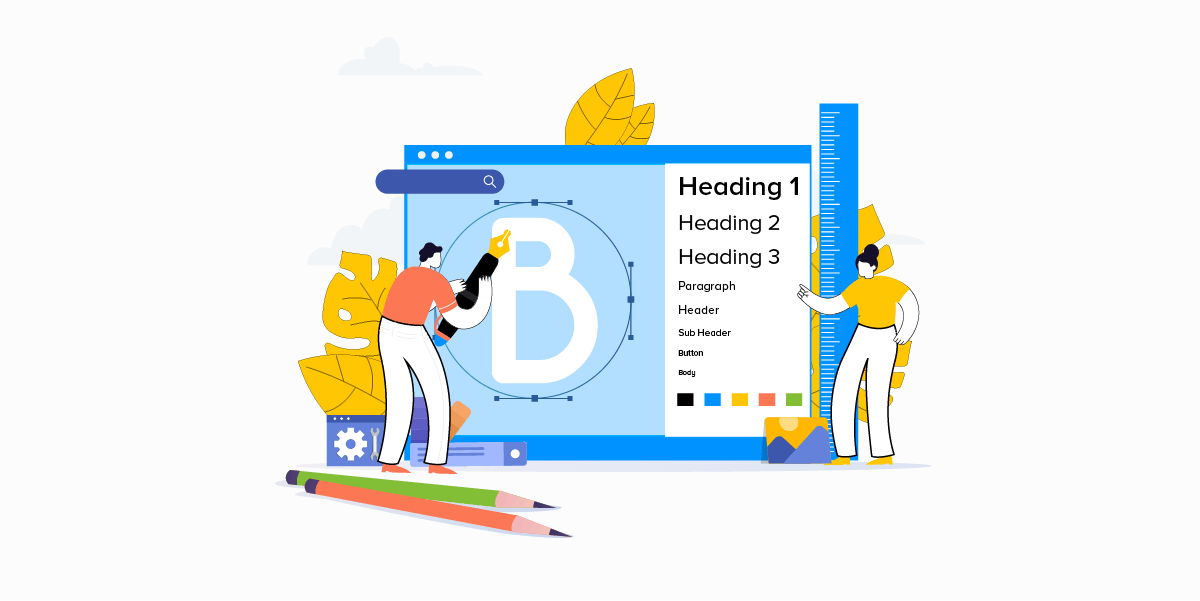- The Whats.
- The Difference in Geotagging, Geofencing, and Geotargeting
- Geotagging
- Geofencing
- Geotargeting
- The Whys.
- The Benefits of Mobile Geolocation in Business
- Get a Chance to Increase Your Business Revenue
- Collect Customer Data
- Help Link Your Offline and Online Business
- The Whos.
- Apps Categories That Can be a Soft Spot for Geolocation
- Social Networking Apps
- Dating Apps
- Health and Fitness Apps
- AR/VR Games
- The Hows.
- The Basics of How Geolocation Collects Location Data a.k.a How Does Mobile Geolocation Works
- GPS:
- Cell ID:
- Wi-Fi:
- A-GPS:
- On-Premise Position Technologies:
- How to Add Geolocation in Mobile Apps
There was once a time when people used to think a million times before giving out their address to an unknown person or business.
Today, people are more than willing to give out their addresses to businesses and applications if it would translate into them getting better services or a more personalized product offer.
Such is the shift that the benefits of having a geolocation facility in the mobile apps have brought into their mindset.
In fact, it is not only the modern-day millennials who are open to the idea of their address and exact whereabouts being on the internet. It is also the generation X that once took wary of the idea, who are now using it to a massive extent.
 See how vastly location based services are being used? But even amidst all this mass acceptance, there are still a number of businesses that have not yet accpeted the reality of geolocation changing the business outlook. Businesses that are yet to realize the potential of Mobile Marketing and Geolocation partnership.
See how vastly location based services are being used? But even amidst all this mass acceptance, there are still a number of businesses that have not yet accpeted the reality of geolocation changing the business outlook. Businesses that are yet to realize the potential of Mobile Marketing and Geolocation partnership.
This article is for them – the businesses who are yet to realize the importance of adding geolocation in their apps and enjoying the advantages of location-based service. A guide to talk about the benefits of mobile geolocation in business and give them ways to integrate it into their current mobile app.
To make it extremely to the point, we have divided the whole guide into 3Ws and 1H – What. Why. Who. How.
Without further delay, let’s get started. Let’s see the whats and hows of using geolocation for targeted mobile marketing efforts.
The Whats.
The Difference in Geotagging, Geofencing, and Geotargeting
When we talk about Geolocation in a holistic manner, three similar sounding concepts shoot up.
Geotagging. Geofencing. Geotargeting.
The similarity is uncanny, no?
Let us look at all the three Geos and help you understand what separates them from each other going by the book-level definition.
Geotagging
The effective mobile geotagging services include the process of adding a location tag on an image or other media type in the form of metadata. This way, it becomes easy for users to tag an establishment or location and then promote it on their social channels.
Geofencing
Geofencing means creating a virtual barrier around a location using your IP address and GPS. This way, you are able to see ads whenever your device is near the area where geofencing functionality has been activated.
Geotargeting
Geotargeting is closely related to Geofencing – so all the more easy to be confused with. The technology is about targeting specific people out of those who have entered the fence. After all, not everyone who enters the vicinity would be interested in becoming your customer.
The Whys.
The Benefits of Mobile Geolocation in Business

Get a Chance to Increase Your Business Revenue
Location-based apps work on the funda that you will be able to attract your users at the exact moment of their need – when they cross your store or when you give the drivers the exact precise direction of their address.
By giving them the facility to let in their impulse buying personality take over, you open the chances of you generating greater revenue – thus giving you the direct answer to how geolocation apps for business will boost your profitability. Same is the case when the users see that you are able to send the service at their doorstep precisely, you become the brand that can be trusted for repeat transactions. And you are truly able to take the advantage of the true benefits of mobile geolocation in business.
Collect Customer Data
Collection of customer data becomes a breeze when you have integrated location-based service in your mobile app.
And when we say collecting data, we don’t just mean their physical address update but also their lifestyle update, in terms of places they go, the time they visit those places, etc. which ultimately open more promotion avenues for you. Ultimately proving itself to be one of the biggest benefits of mobile geolocation in business.
Help Link Your Offline and Online Business
For businesses that have both brick and mortar establishment and digital presence, there is nothing more beneficial than a location-based service integrated into their application. In fact, it is the number one reason for how mobile geolocation can improve your business.
With the technology’s addition, you are able to give your customers the benefit of tagging your business in their social tags, especially when they visit your brick and mortar business. And this is something that has a direct impact on increasing your store’s footfall while creating a link between the store and its website or app version.
The Whos.
Apps Categories That Can be a Soft Spot for Geolocation

Social Networking Apps
By adding location functionality in the social media applications, you will be able to give your users the ease to create, share, and discuss while tagging a location in it. While it is not one of the core functionalities of Instagram like app development, it is one that most definitely takes user experience to the next level.
Recommendation Apps
Do you know what is the best way of promoting a business?
It’s testimonials.
And almost every business operating in the world today understands it. And with this understanding intact, they shift their focus on recommendation apps. Apps which allow users to compare businesses and their offerings.
And, when your recommendation app gives the users the ease to refine the search on the basis of the geography, its viability automatically increases. And with it, you get the ways to use geolocation to increase revenue.
Dating Apps
The demand for dating apps is on an obvious high. There is a whole world of single people looking to find companionship in the world.
And what can be better than them finding their companion near the place they live or work? Nothing. So, when you give them the functionality to look for people whom they can connect with nearby their locality, you give them the opportunity to use your application with greater liking.
Health and Fitness Apps
Geo-location based services have found a special place in the list of services offered by Healthcare app development companies. It does not just help the users keep a track of the distance covered but also help them find the nearest medical practitioners at the time of emergency.
AR/VR Games
Although this comes as a little obvious, the need for adding geolocation service in an AR/VR application can expand your business offering to a great extent.
You will easily be able to take the combination – AR/VR and Geolocation and apply in a number of use cases like Direction based apps, Gaming apps, Travel based apps, etc. The possibilities are endless.
The Hows.
The Basics of How Geolocation Collects Location Data a.k.a How Does Mobile Geolocation Works
There are multiple ways through which geolocation data of the users are collected by the app and non-mobile businesses. Ways that answers how does mobile geolocation works:
GPS:
These are one of the most common ways of how to use geolocation tracking for marketing. These are the global satellite systems whose receivers are built in smartphones by default. These GPS satellites are all scattered on the geostationary orbits around Earth because of which the device’s location can be identified with a fair accuracy point.
The device finds out the users coordinates in the globe on the basis of the different visible satellites.
Cell ID:
The smartphone location can also be identified by the signals of cellular base stations which it is connected to. This process of obtaining geographical coordinates relies heavily on the radio signals given out by the mobile operators.
Wi-Fi:
While it is difficult to find open access points when found, it can be a great way to get an accurate location. All users would have to do is keep their Wi-Fi option open in their phone – something that is a little challenging considering people usually keep their wi-fi on.
A-GPS:
The technology operates by supplementing the GPS positioning with the Wi-Fi geolocations and cellular, which allows them to reach higher accuracy levels.
On-Premise Position Technologies:
Technologies like Eddystone and iBeacon allows the collection of geolocation data inside of buildings. Using the data, users are able to navigate large sized buildings through the notification system.
[Also Read: How to Build a GPS Navigation App Like Waze?]
How to Add Geolocation in Mobile Apps
When it comes to the groundwork of location-based app development, both Android and iOS gives developers the feasibility of APIs that makes it possible for them to detect user’ locations and in developing a geolocation based mobile app.
The presence of these APIs makes it possible for them to not concentrate on the coding of drawing maps or determining the location coordinates of objects. All they have to do is connect on or at max two APIs – one for finding out the user device and second for drawing maps.
In the case of Geolocation based Android apps, you will have to make use of either Google Maps API or Android.Location in addition to MapView class.
While in case of adding Geolocation facility in your iPhone application, you will have to make use of Google Maps Geolocation API, iOS Maps or the Core Location API.
So here was the starter pack of geolocation functionality for your app business – what it stands for and why it is necessary, and some statistics hinting at its market status in the mix.
The next logical step? Getting in touch with our team of mobile app developers and getting the feasibility added in your mobile app – simply to take advantage of all the benefits of geolocation marketing that other brands enjoy.



A Comprehensive Guide on Typography in App UI Design
“The text is too big.” “The words are placed too distantly.” “The words are not going with the image!!” Such comments have been passed continuously ever since the day user experience established itself as a crucial element of the mobile app design industry. Typography is ubiquitous! You look anywhere, from books to websites to your…

How to Validate an App Idea Successfully
Getting an app idea is easy. How many times have you found yourself looking at something – an event, an issue, or simply a situation and - thinking how easy it would have been if there was an app for that? Such instances have led to the creation of many millions of apps that are…






